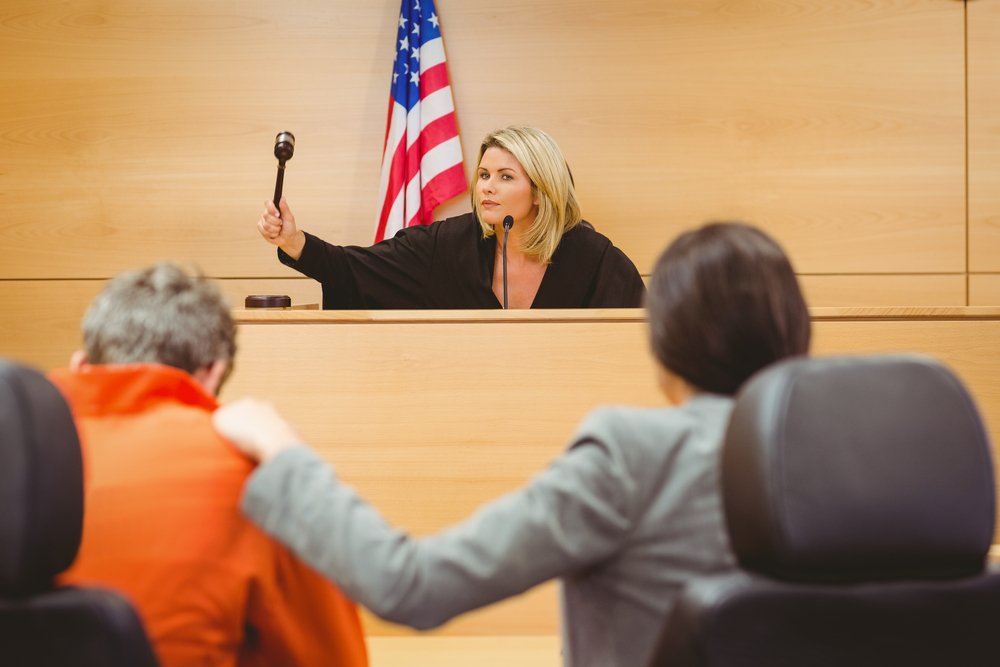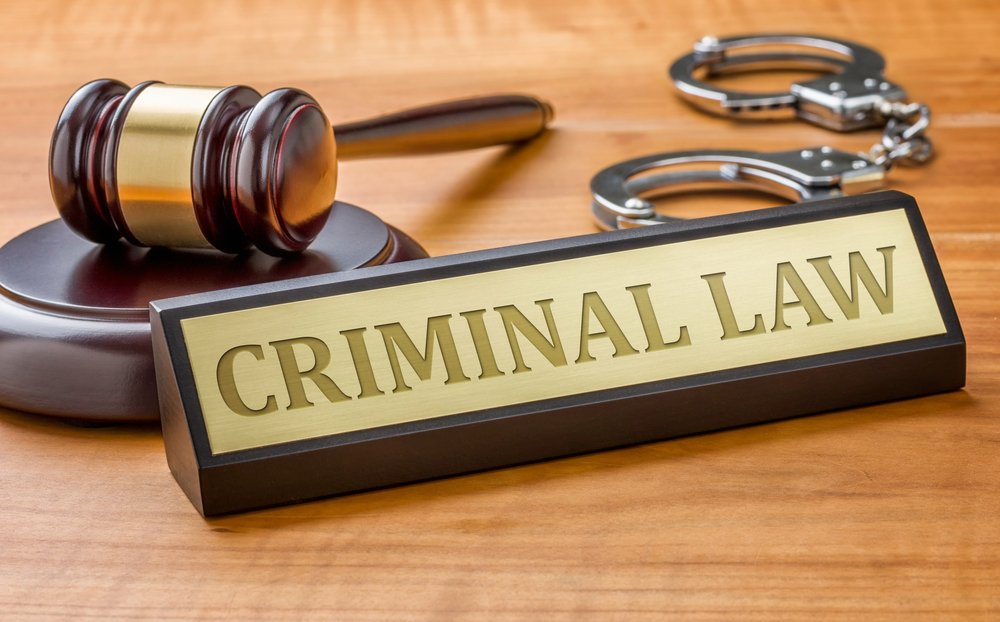Navigating the complex world of legal proceedings can be stressful, overwhelming and fraught with uncertainties. It’s like you have suddenly been thrust into a maze, and your only beacon of hope is a competent criminal lawyer. But how do you choose the right lawyer for you? How can you tell if a lawyer has your best interests at heart, or if they are simply after your money?
In this comprehensive guide, we’ll explore how to select the right criminal lawyer to fit your needs. From understanding the purpose of a criminal lawyer, to knowing when and why you might need one, assessing their level of expertise, and gauging their professionalism. We will also delve into the pros and cons of different methods of finding lawyers, so you can make an informed decision when the need arises. Consider this your step-by-step guide to finding your way out of that legal maze!
Understanding the Role of a Criminal Lawyer
When you dive into the confusing world of law, knowledge is indeed power. Criminal lawyers are legal experts who specialise in criminal law. They defend individuals and organizations charged with crimes, and their work involves a great deal of research, analysis, and court appearances. Criminal lawyers will guide you through the legal proceedings, protect your legal rights, and provide you with the best defense strategies possible.
However, not all criminal lawyers are created equal. Some focus on general criminal defense, while others specialize in certain types of crimes like white-collar crimes or DUI cases. It’s crucial to choose a lawyer with the right experience and expertise for your particular case.
When and Why You Might Need a Criminal Lawyer
Reasons to need a criminal lawyer can range from being accused of a crime, needing defense in a lawsuit or seeking advice on legal matters. If you have been arrested, charged with a crime, or are under investigation, it’s imperative to consult a criminal lawyer as soon as possible.
A competent lawyer will keep your interests front and center, decipher the complex jargon of the law for you, and help you navigate the stressful legal process. In cases where you might be unsure of your legal situation, consulting a lawyer can provide clarity and peace of mind.

Evaluating Expertise and Professionalism
Your lawyer’s level of expertise can greatly impact the outcome of your case. When evaluating potential lawyers, consider their education, years of experience, areas of specialization, and track record of success in similar cases.
Professionalism is equally important. A professional lawyer will handle your case with diplomacy, tact, and confidentiality. They should communicate effectively, keeping you informed about your case, and listen to your concerns with empathy and understanding.
Researching Prospective Lawyers
There’s a myriad of ways you can find prospective lawyers. Traditional methods include personal referrals and professional directories, while modern methods entail online searches and social media platforms.
Online portals can provide reviews and ratings, helping you assess the lawyers’ reputation, while consultations – in-person or virtual – can give you a first-hand experience of the lawyers’ competence and demeanor.
Balancing Quality With Cost
Costs are a vital consideration in choosing a lawyer. While it’s understandable to seek affordable options, be wary of choosing a lawyer solely based on price. Oftentimes, cheap can be expensive. Quality services often come at a price, and considering what’s at stake, it’s worth it.
Criminal lawyers charge in varying ways; flat rates, hourly rates or retainers. It’s essential to discuss and understand the payment structure, gauge its fairness and decide if it’s a worthy investment.
Conclusion
Selecting the right criminal lawyer is not a decision to be taken lightly. It involves understanding their role, knowing when and why you might need them, judging their expertise and professionalism, implementing effective research strategies, and striking a balance between quality services and cost.
In this legal maze, your criminal lawyer is your guide, your advisor, and your advocate. They carry the weight of your case, your freedom and ultimately, your life. Therefore, it’s crucial to make your choice wisely, with careful consideration of the factors discussed above.



